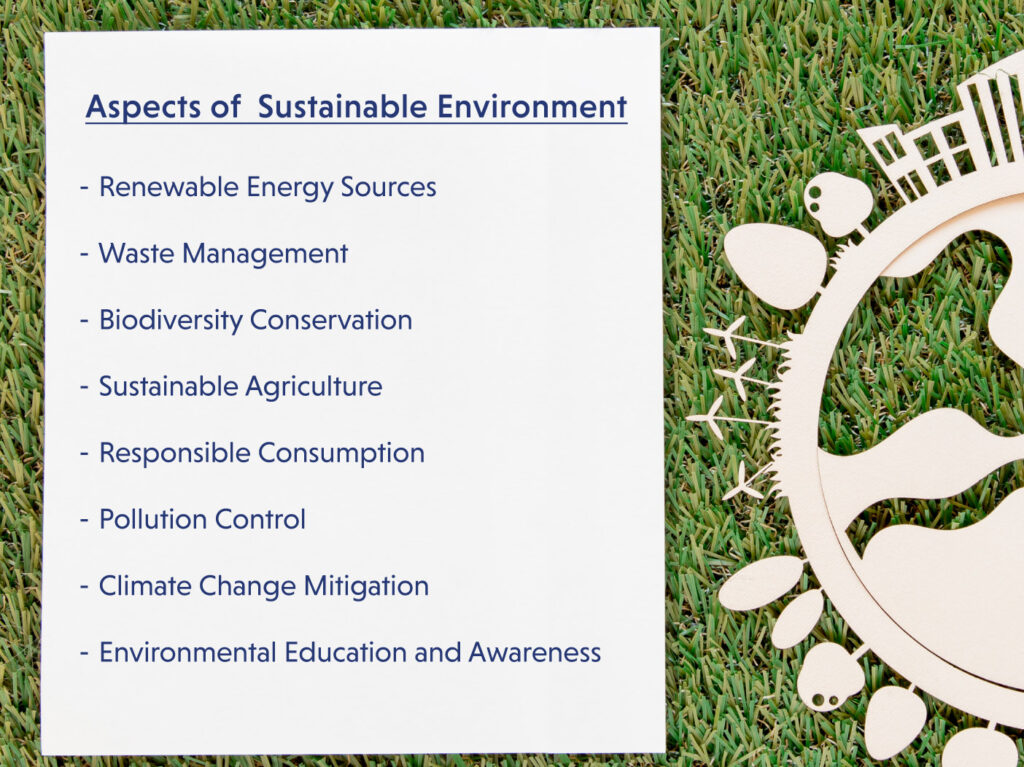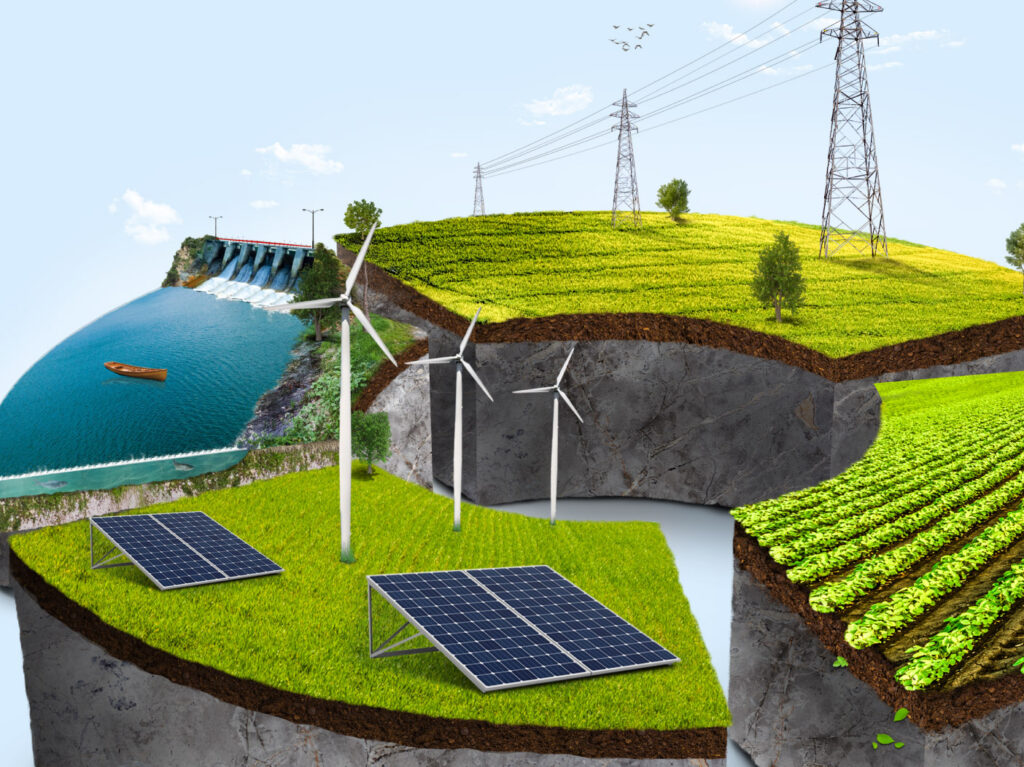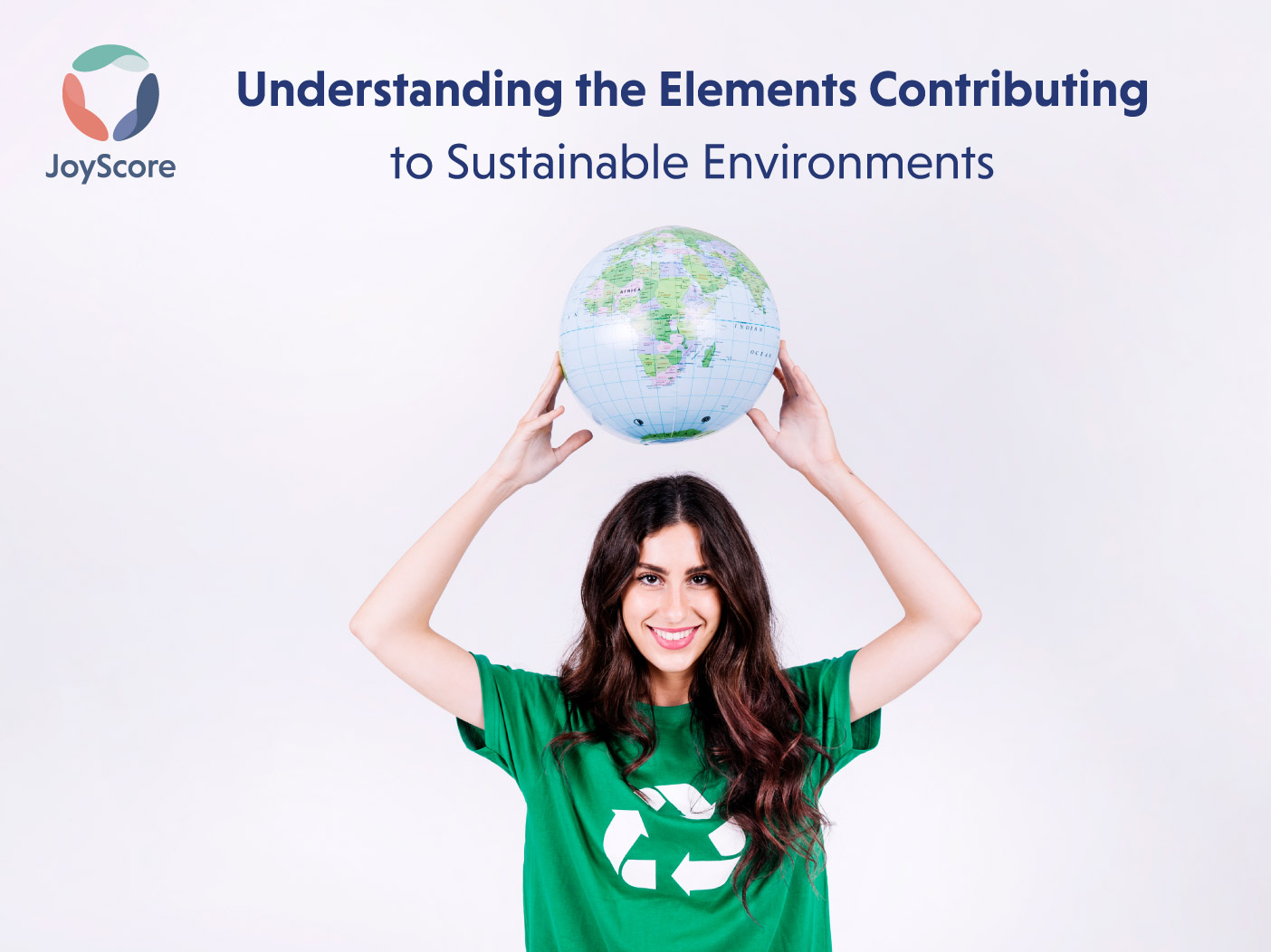What is environmental sustainability?
Environmental sustainability is described as appropriate contact with the environment that promotes long-term environmental quality while preventing resource depletion or degradation. Environmental sustainability is a method that makes it possible to meet the requirements of the current generation without endangering the ability of future generations to do the same.
The power of the natural environment to renew itself and maintain its viability is really amazing when viewed in that light. For instance, when a tree falls, its decomposition enriches the earth with nutrients. These nutrients create the ideal environment for successful saplings to flourish.
Why are environmental development and sustainability important?
Environmental sustainability is crucial given the number of resources we use daily, including food, energy, and manufactured goods. Rapid population growth has resulted in increased deforestation, unsustainable energy use, and greenhouse gas emissions from agriculture and industry.
In other words, today we require more resources and energy than we did in the past. Despite this, there is a limited number of resources our planet can give before they run out. Businesses must intervene and take action as a result. With unparalleled influence, they possess the power to safeguard a habitable future through their commitment to sustainable and ethical actions. This encompasses investing in practices that prioritize sustainability and morality, such as waste reduction, adoption of clean energy solutions, and equitable remuneration for all.

Factors of environmental sustainability
Every living creature on our planet depends on sustainability factors, but it appears that everyone—especially businesses—has conflicting ideas about what it really entails.
Climate Change
Climate change is at the top of several rankings of sustainability solutions for a reason. Climate change is likely the most significant crisis now facing our world. The gradual warming of the earth’s surface brought on by greenhouse gases produced by the burning of fossil fuels is one of its main causes.
To effectively tackle climate change and promote sustainability, a multi-faceted approach is required. This involves reducing greenhouse gas emissions by transitioning to renewable energy sources, implementing energy efficiency measures, and adopting sustainable transportation and industrial practices. Furthermore, adaptation strategies are necessary to build resilience and mitigate the impacts of climate change on vulnerable communities, particularly in developing regions. This entails promoting sustainable land and water management, enhancing climate-resilient agriculture, and developing robust infrastructure systems that can withstand the changing climate. By prioritizing climate action and integrating it into broader sustainability frameworks, we can work towards a more secure, equitable, and sustainable future for all.
Environment

Environmental sustainability may be defined by how successfully we maintain the quality of our surroundings. This could entail creating more eco-friendly ways to obtain and utilize more ephemeral resources like electricity, as well as more tangible natural resources like wood, metal, or water. We must always exercise moderation as a society. We need to use less natural resources unrestrictedly in order to be more sustainable.
Furthermore, environmental sustainability necessitates a shift in societal norms and behaviors towards a more conscious and mindful approach to resource consumption. This entails embracing concepts like circular economy, where materials are reused, recycled, or repurposed to minimize waste generation. It also involves promoting conservation and biodiversity protection to safeguard delicate ecosystems and the species they support.
Education and awareness play vital roles in promoting environmental sustainability. By fostering environmental literacy and empowering individuals with knowledge about the interconnections between human actions and the environment, we can inspire informed decision-making and sustainable practices at both individual and collective levels.
People
People are at the heart of environmental sustainability, and their actions and choices shape the trajectory toward a more sustainable future. While it may be acknowledged that achieving absolute sustainability as individuals is challenging, it is essential for each person to make conscious efforts and recognize their role as custodians of the planet. By cultivating a sense of responsibility and actively engaging in sustainable practices, we can collectively work towards achieving a more sustainable society.
To embark on this journey, it is crucial for individuals to develop the knowledge and skills necessary to navigate the complexities of sustainable living. This includes understanding the environmental impact of our choices and actions, from the food we consume to the products we purchase. By making informed decisions and embracing sustainable alternatives, such as opting for locally sourced and organic foods, practicing energy and water conservation, and supporting ethical and eco-friendly businesses, we can contribute to reducing our ecological footprint.
Recognizing our duty as planet stewards means acknowledging the interconnectedness of environmental, social, and economic factors. It involves considering the broader implications of our actions and striving for a balanced approach that integrates sustainability principles into all aspects of our lives
Innovation
Innovation is a vital element in achieving sustainability and addressing the challenges we face. It requires collaboration and the development of novel ideas and approaches that can revolutionize the way we interact with the environment and each other. These innovations may transcend technological advancements and extend to economic models, social systems, and even philosophical paradigms.
To tackle the pressing issues we often overlook, we must foster a shift in mindset that reevaluates our relationship with the world and our fellow inhabitants. This includes recognizing the interconnectedness of all living beings and understanding that sustainable solutions require collective action and cooperation. By embracing new perspectives, challenging conventional norms, and encouraging diverse ideas, we can unlock innovative pathways toward a sustainable future.
Innovation also involves finding creative solutions that balance social, economic, and environmental needs. This could entail developing sustainable business models, implementing circular economy principles, or creating policies that incentivize eco-friendly practices. Moreover, it calls for exploring alternative energy sources, advancing green technologies, and promoting sustainable design and production processes.
Technology
Technology has emerged as a beacon of hope for environmental development and sustainability. Its transformative potential lies in the adoption of renewable technologies that displace harmful and outdated energy production methods. Nations worldwide are increasingly embracing renewable energy sources, such as solar, wind, and geothermal power, to reduce greenhouse gas emissions and mitigate climate change. These technological advancements offer opportunities for a cleaner, more sustainable future by minimizing environmental impact while promoting economic growth and energy independence.
It’s a sign that things are improving, but for our species to be truly sustainable, there must be widespread acceptance. The advancement of both technologies and practices must run in parallel.



